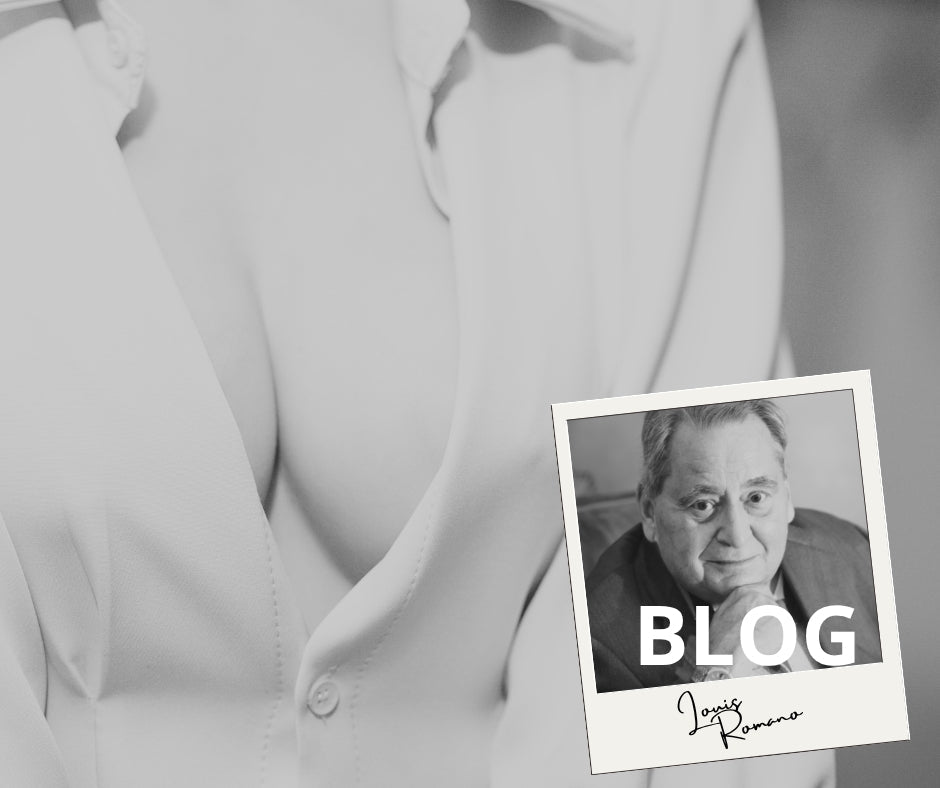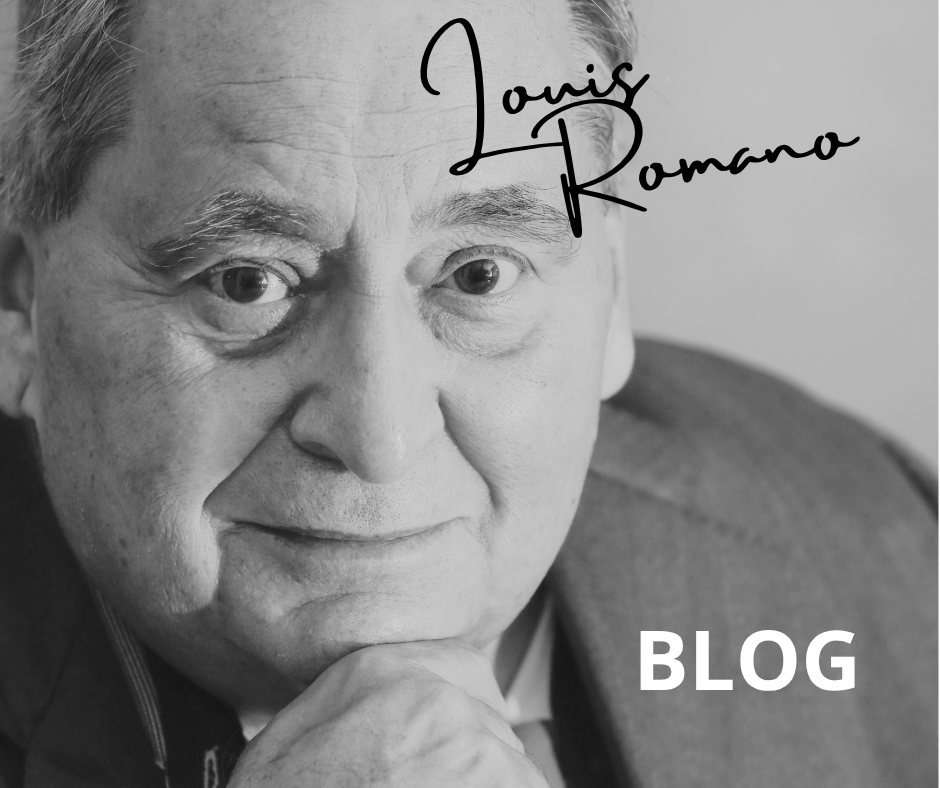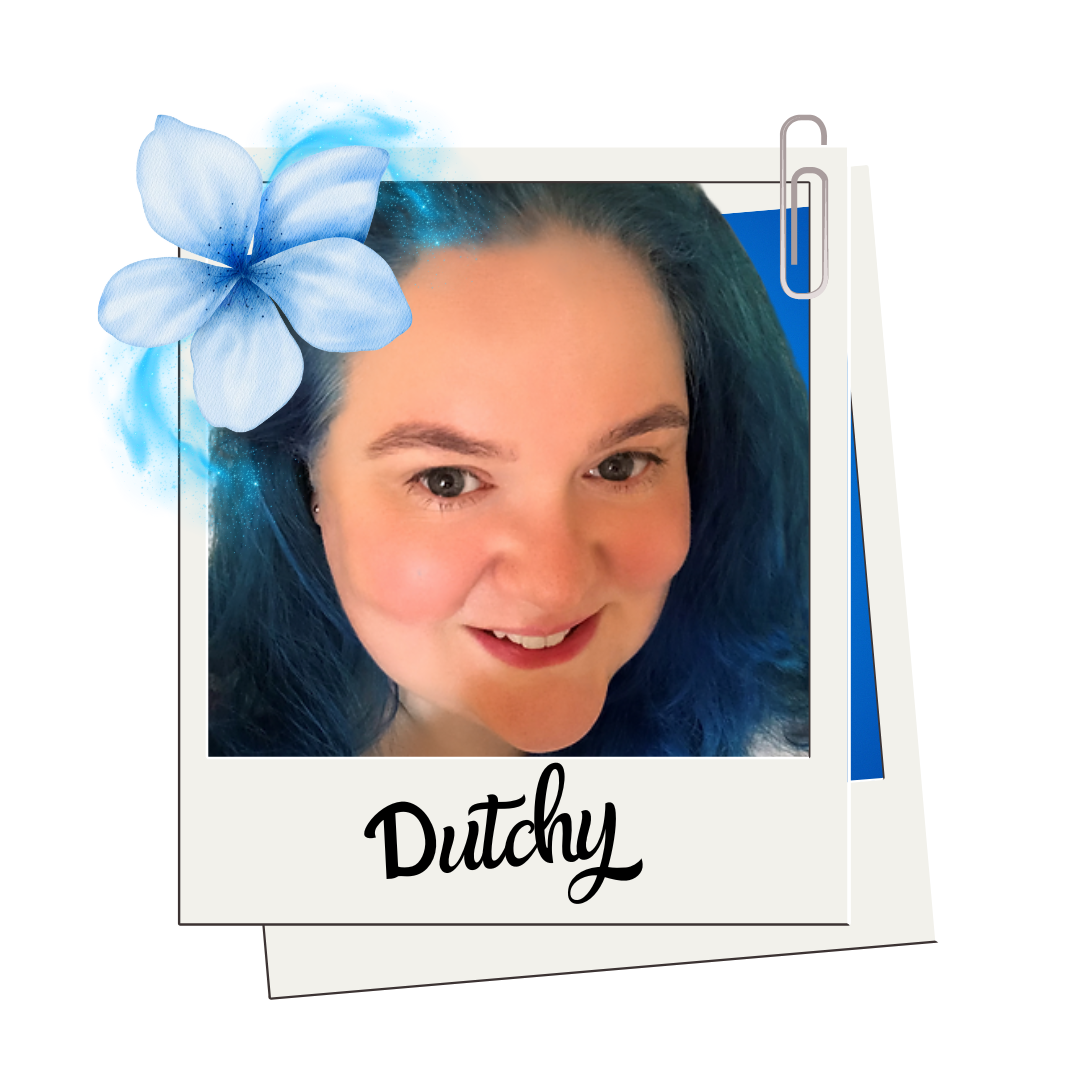News

blogger
John Deegan Blog 5
Being born in the Bronx the New York Yankees and Yankee Stadium was a birthright.
My first Yankee game was in 1958, the fateful year that I was abused by my priest.
My dad got some free mezzanine tickets from one of his drinking buddies. I was thrilled by that name… mezzanine. It was better than the bleachers. It sounded so special, so fancy, so elegant. Dad couldn’t make it, so I took my Italian friend from the second floor. His dad dropped us off at the stadium.

blogger
John Deegan Blog 4
From my study, I am looking at Lago di Lugano, where the lake makes a hard right turn. The shimmering sky-blue water is surrounded by lush green mountains, with stunning homes featuring orange-tiled roofs, dotting both sides of the lake. I could have lived anywhere on earth that didn’t allow extradition to the United States, but I chose Lugano, Switzerland, as my forever home.

blogger
John Deegan BLOG 3
When I was a boy growing up in the Bronx, I always checked the New York Daily News for the day's weather forecast.
Back then, the forecasters were about 40% right. I still check the weather in the Bronx till this day out of force of habit. Now we have satellites, Doppler Radar, Accuweather, Ventusky, and the Weather Channel. All combined, they are still about 40% right.
I always loved the summer. Even the dog days. I saw that it hit 102 degrees in the Bronx today. The asphalt could easily make the real feel 112.
It brought back memories.

blogger
From John Deegan BLOG2
Ever since I can remember, I loved doing voice impressions and disguises.
Accents of all kinds came naturally to me as well. I never got into throwing my voice or ventriloquism even though I loved Edgar Bergen and his puppet Charlie McCarthy. Ask anyone under 40 who they were, and you’ll get a blank stare.
My favorite impressions in the 50’s mainly were movie actors. I perfected Jimmy Stewart and James Cagney. My Cagney from several of his hit movies like White Heat and Mister Roberts had my family and friends rolling around on the floor.

blogger
John Deegan, Blog 1 "Introduction"
Monday, September 22, 1958
The weather was still warm. The remnant of a very hot summer. It was a day I will never forget. I had just turned 8 years old in June and was now in the second grade. I couldn’t have been more innocent as to the ways of the world, the desires or men.I was called from my class to go to the rectory to help Father Edward O’Gorman. As a first grader, I had been in and out of the rectory and convent many times to help the nuns and priests with various tasks. I was the top student in the grade and the most compliant with anything that was asked of me. This visit to the rectory had a profoundly transformative impact on my life.
I never thought I would be writing blogs.

m. Dutchy
I want to read more
For every writer who loves to write, starting is an easy point. You start and see where the journey leads you. Sometimes you feel dark, and the story becomes dark, but at one point, the writing will light up, and the story will become brighter.
Writing is a way to express yourself, a form of art. For some of us, it is a way to crawl into the skin of somebody else. Be a darker person, be a better person, be a criminal, be a hero, be the impossible version of fantasy. On paper, everything is possible.
As a beta reader, I had the chance to join Louis Romano in his journey to create his new
book, John Deegan. I know the character from his Vic Gonnella books, and I love the character. A Serial Killer, but in my opinion, still a good person.
When Louis told me his new book was about John Deegan, the story told from his point of view, I became directly enthusiastic. What makes John Deegan tick? We all know some of it, from reading the Vic Gonnella series, but what are the triggers, his thoughts, or even his wishes?
Yes, it is fiction, but is that not the beauty of the story and the art of storytelling?
It’s a dark story, a thriller story, but I ask you, how often does a writer take the time to introduce us to the backstory of a serial killer? We are taught that they are monsters and that there is no humanity left. Is this really the case? John Deegan, while being fictional, shows humanity? It makes us cheer him, almost crawl into the book to help keep him out of the hands of the police.
John Deegan intrigues me, and I want to get to know him; Louis Romano brings him to life brilliantly.
I can’t wait to read the full story…

I love the internet, do I?
I love the internet. I am constantly amazed at how much information is at our fingertips. Important stuff like how old is William Shatner or how old was Raymond Burr when he died? You never know when this kind of stuff comes up in conversation. It’s very important to know how many World Series rings Yogi Berra had.
What day of the week did Hitler invade Poland? How many episodes of The Honeymooners were filmed?
But, most important… at least to me are the annoying women who try to meet an old bastard like me online or texting on the cell phone.
Every day, I mean it, every single day of my life, including Christmas and Thanksgiving and Holy Days of Obligation (you thought I forgot them, didn’t you?), I get women who like to send their breast-filled pictures, usually with a puppy or golf clubs in their grasp. I swear one had such big boobs it looked like an upside-down baby’s ass on her neck.
“Hi, I’m Silvia; you keep coming up in my feed. Please send me a friend request.”
I often do it just to play with them, and within an hour, I’m blocking their ass. They are always in service, deployed to Yemen or somewhere similar. Their husbands were recently killed in a motorcycle accident, leaving their 8-year-old daughter, who is living in the States. Within the hour, she is asking for money for the kid, and she can’t wait to go on leave to meet me. BTW, they are always gorgeous.
Then there are the Asians. Always Chinese, all with big tits. When do you ever see Chinese women with big tits? You can walk around Chinatown in Manhattan every day for a week and not find one. My tits are bigger than most Asian women.
So, the texts generally read, “Hi Nancy, are you coming to pick me up?” Or “Hi Anne, what time are we meeting for dinner?” To be affable, I write back… “Sorry, wrong number.” Then, the text torrent begins. “You sound like a nice person. May I know your name?” Then they send a photograph. Let me tell you something…they are so beautiful I would kill a blood relative to be with them.
When I say I’m an old man in his 70’s, they all, every single one of them, who, by the way, are no older than 26, say the same exact thing. “Age is just a number. I can learn a lot from you.”
I get naked photos every day of my life on Instagram. And, because the young ladies think I’m so handsome I can get more shots. Or even get them to meet with me if I cover the airfare, pay the babysitter for the two kids, and cover the electric and gas bills, rent, car insurance, and car note. Oh! And then she needs some clothes and luggage.
I know, I’ve done it four times!!!

Major Flasback
I just had a major flashback. I'm writing on my second story deck in New Jersey. No one can see me. The house is surrounded by oak and pine trees on one side, huge bushes on another, and big evergreen trees right behind me.

m. Dutchy
Review: Trust and Betrayal: The Levit Fernandini Story
I was one of the lucky few who was allowed to read Trust and Betrayal before it was published. While a true crime book wouldn't be my first choice, I took the opportunity to read it. I was pleasantly surprised.